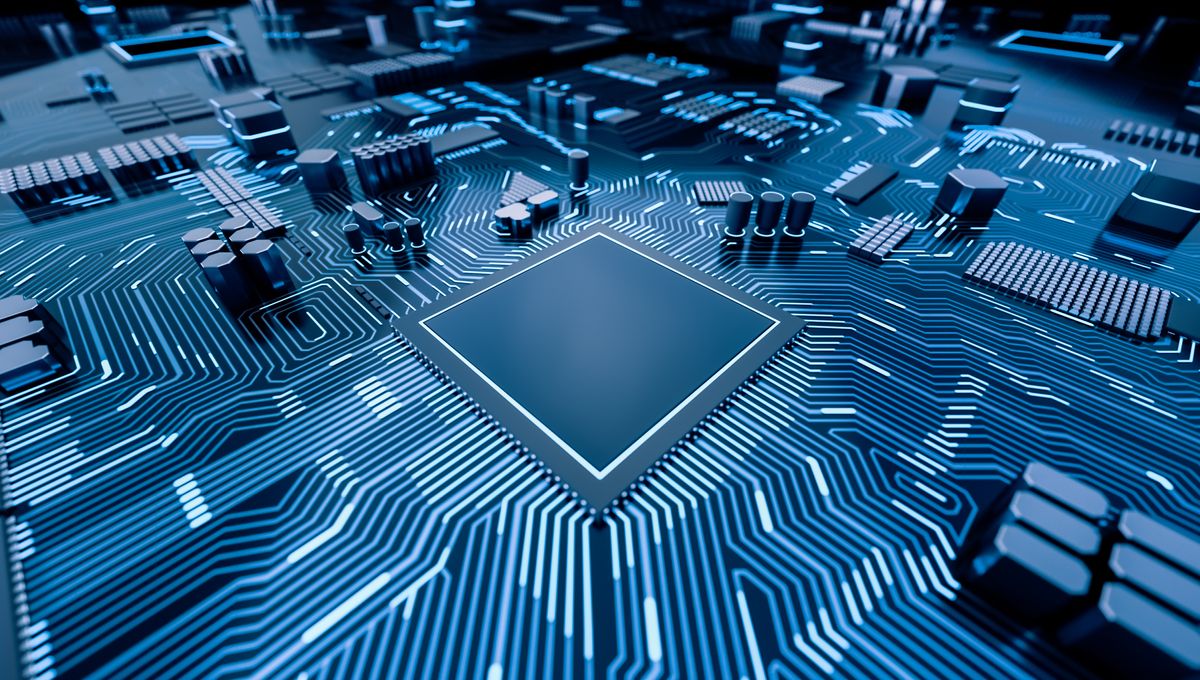
Silicon is the cornerstone of computing. Its properties and abundance have made it so. You are reading this on a device that uses silicon chips. Quantum computers are the next giant leap in computing, capable of doing calculations that not even our most powerful supercomputers can do. And they might still based on silicon, but with a twist: it may need to be of a level of purity that has not been achieved before. Humans can now produce such silicon.
The issue at hand is that silicon is commonly found in three forms in nature: silicon-28, silicon-29, and silicon-30. These are known as isotopes. Silicon-28 has 14 protons and 14 neutrons in its nucleus and is the more common type, making up over 92.2 percent of all silicon found in nature. The other two have respectively one and two extra neutrons and constitute 4.7 percent and 3.1 percent of natural silicon.
The presence of silicon-29 and 30 in computer chips is no big deal. But things are different for quantum computing. It all boils down to the coherence of quantum bits or qubits. That’s the ability of quantum computers to stay error-free. Qubits are very susceptible to the environment so they are usually operated near absolute zero.
It turns out that the extra neutron in silicon-29 is enough to mess with coherence, creating errors in the quantum chip. By shooting a beam of silicon-28 atoms at a chip, a research team was able to reduce the presence of silicon-29 from 4.5 percent to two parts per million (0.0002 percent).
“Electronic chips currently within an everyday computer consist of billions of transistors – these can also be used to create qubits for silicon-based quantum devices. The ability to create high quality silicon qubits has in part been limited to date by the purity of the silicon starting material used. The breakthrough purity we show here solves this problem,” lead author Ravi Acharya, a joint University of Manchester/University of Melbourne Cookson Scholar, said in a statement.
“Others are experimenting with alternatives, but we believe silicon is the leading candidate for quantum computer chips that will enable the enduring coherence required for reliable quantum calculations,” Professor David Jamieson, from the University of Melbourne, added.
Some quantum computers have been working with 1,000 qubits, but quantum coherence was only sustained for milliseconds so their potential has remained limited. Less pure silicon was previously used to keep coherence going for 30 seconds for a single qubit, a record that has not been broken yet.
“Now that we can produce extremely pure silicon-28, our next step will be to demonstrate that we can sustain quantum coherence for many qubits simultaneously. A reliable quantum computer with just 30 qubits would exceed the power of today’s supercomputers for some applications,” Jamieson explained.
The study is published in Communications Materials.
Source Link: Purest Silicon Might Be Secret Ingredient To Build Reliable Quantum Computers